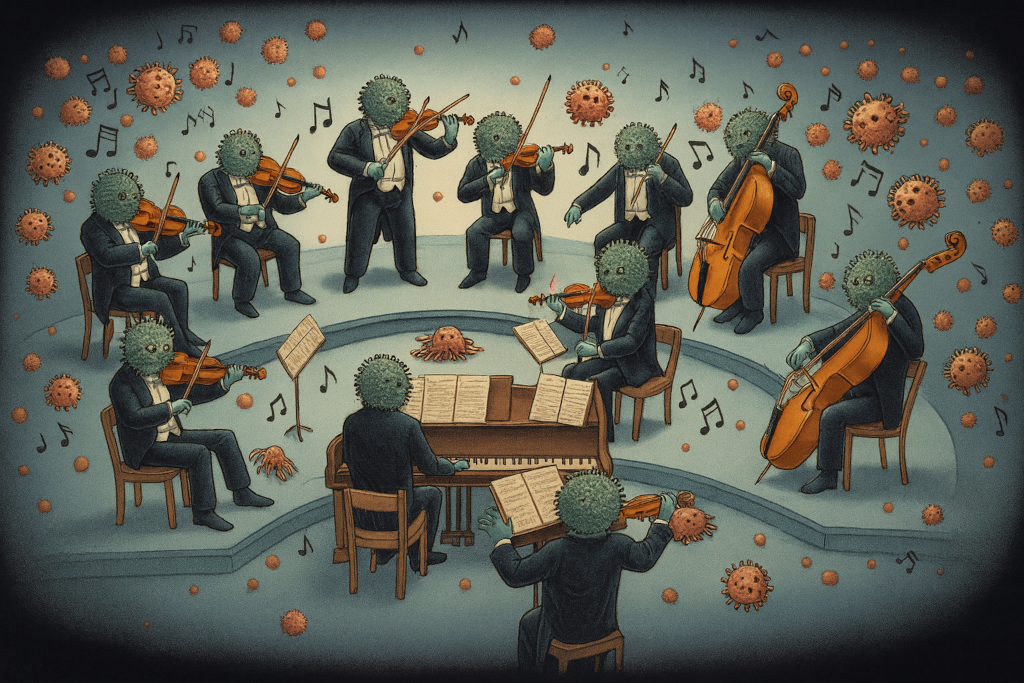You’re told you have antibodies. Maybe from a vaccine. Maybe because you’ve already had the infection. So why do people still get sick—sometimes fatally—from diseases their bodies are supposedly prepared to fight?
It feels confusing, maybe even unfair. You’ve done everything right. You’ve boosted your immune system. You’ve got “immunity.” And yet… It’s not always enough.
This is something I stumbled across when a friend—young, otherwise healthy—developed complications from the flu even after being vaccinated. She had antibodies. But they weren’t enough. That experience led me down a rabbit hole, trying to understand how the immune system actually works.
The myth of antibody invincibility
The word “antibodies” gets thrown around like it’s a silver bullet. But the reality is far more complex—and sometimes alarming.
Here’s what most people don’t realize:
- Antibodies need to be the right kind. It’s not just about having them. They must match the pathogen like a key to a lock. Low-affinity or misplaced antibodies are like using a butter knife to unscrew a bolt—ineffective and frustrating.
- Viruses are shapeshifters. Pathogens like influenza or HIV mutate rapidly. The antibodies from last season might not recognize this year’s version. The virus dances out of reach. Sobering fact: This is why we need new flu shots annually.
- Antibodies are not a solo act. Think of your immune system as a symphony. T cells, phagocytes, and complement proteins all play vital roles. If any are out of tune—or missing—the infection can spiral out of control.
The science that proves it
Years of studies show that antibodies are just one piece of the immune puzzle. In one 2012 study on HIV patients, researchers found that even individuals with high levels of antibodies still progressed to AIDS without strong T cell responses. Antibodies were present, but couldn’t do the job solo.
After the 2009 H1N1 flu pandemic, researchers noticed something strange. Some severe cases showed antibody presence, but patients still ended up in intensive care. Why? Their T cell activation was delayed or suppressed. The immune orchestra was missing its conductor.
Even more reasons antibodies can fail
If that’s not enough, here are a few more “but wait…” moments that change the story:
- Immunity fades. Over time, antibody levels wane. You might have had protection last year, but not enough this year. This is common with pertussis (whooping cough)—even fully vaccinated adults can get sick again.
- Autoimmune backlash. Sometimes, antibodies go rogue. In autoimmune diseases like lupus, the immune system starts mistaking your own body as the enemy. This internal sabotage can be more dangerous than the original infection.
- Pre-existing health conditions. Chemotherapy, chronic illness, and even stress can undermine how effective your antibodies are. Two people might have the same exposure, but very different outcomes.
So, what does this mean for you?
It means antibodies are a powerful ally, but not a guarantee. Think of them as one soldier in a much larger army. Without support, even the best soldier gets overwhelmed.
Let this empower—not discourage—you. Vaccines work. They train your body. But a healthy immune response is the sum of many moving parts. The key is holistic care, long-term strategies, and understanding that science isn’t about absolutes—it’s about probabilities.
If anything, be fascinated: your body is fighting invisible battles every day. And sometimes, starting with the right expectations is its kind of protection.
Bottom line: Antibodies help. But survival? That’s a team effort.




Leave a Comment